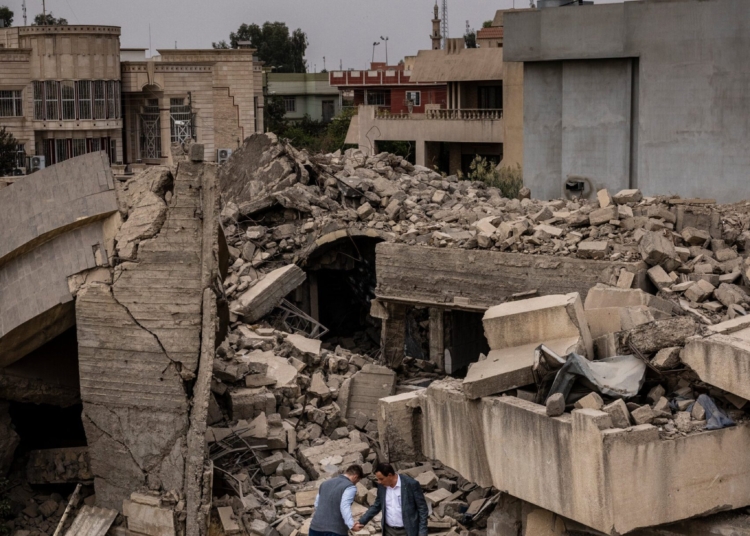This content introduces the topic of the psychological toll of military service. It highlights the challenges faced by soldiers during and after their service, including post-traumatic stress disorder (PTSD), depression, and anxiety. It discusses the factors that contribute to psychological trauma among soldiers, such as combat exposure and lack of social support. The importance of mental health support is emphasized, with mention of government and organizational efforts to provide better care. The role of society in supporting military personnel’s mental well-being is also acknowledged. The conclusion emphasizes the need to raise awareness and implement comprehensive mental health programs to alleviate soldiers’ burden.
Battles Within: An In-depth Look at the Psychological Toll of Military Service
Introduction
War is a brutal and challenging experience that not only takes a physical toll on soldiers but also deeply impacts their mental health. The psychological toll of military service is a pressing issue that needs to be addressed and better understood. In this article, we will delve into the battles within that soldiers face during and after their service, examining the various factors that contribute to post-traumatic stress disorder (PTSD), depression, anxiety, and other mental health conditions.
The Reality on the Battlefield
When soldiers are deployed to conflict zones, they find themselves in unimaginably stressful and dangerous situations. The constant threat of death, witnessing horrifying acts of violence, and the loss of fellow comrades can have lasting psychological effects. The prolonged exposure to trauma and the pressure to perform duties under extreme circumstances add to the psychological burden carried by soldiers.
Post-Traumatic Stress Disorder (PTSD)
One of the most common mental health conditions experienced by military personnel is post-traumatic stress disorder (PTSD). PTSD is characterized by recurrent nightmares, flashbacks, hypervigilance, and intense emotional distress triggered by reminders of past traumatic events. The symptoms can severely impact a soldier’s ability to function in daily life, both during and after their service.
Depression and Anxiety
Depression and anxiety are also prevalent among military personnel due to the unique stressors they face during their service. The constant pressure, isolation from loved ones, and the fear of injury or death can lead to a sense of hopelessness and despair. Additionally, the challenges transitioning back to civilian life and readjusting to normalcy further contribute to these mental health conditions.
Factors Influencing Psychological Trauma
Several factors contribute to the development of psychological trauma among soldiers. These include combat exposure, the loss of comrades, previous personal trauma, lack of social support, and the stigma associated with seeking help. Soldiers are often expected to be tough and resilient, making it difficult for them to recognize and seek assistance for their mental health struggles.
The Importance of Mental Health Support
In recent years, there has been increased recognition of the need for mental health support for military personnel. Governments and organizations around the world are implementing measures to provide better psychological care for soldiers. These include mandatory screenings, therapy sessions, support groups, and initiatives to reduce the stigma surrounding mental health issues. However, there is still much work to be done to ensure that all soldiers receive the support they need.
The Role of Society
Society also plays a critical role in supporting the psychological well-being of military personnel. It is essential to destigmatize mental health issues and encourage open discussions about the challenges faced by soldiers. Acknowledging their sacrifices and providing a supportive environment can significantly contribute to their recovery and transition back into civilian life.
Conclusion
The psychological toll of military service is a significant concern that must be addressed. Understanding the battles within that soldiers face is crucial in providing the necessary support and care they need to overcome their mental health challenges. By raising awareness, implementing comprehensive mental health programs, and fostering a supportive society, we can work towards alleviating the burden soldiers carry and ensure their well-being even after they hang up their uniforms.













